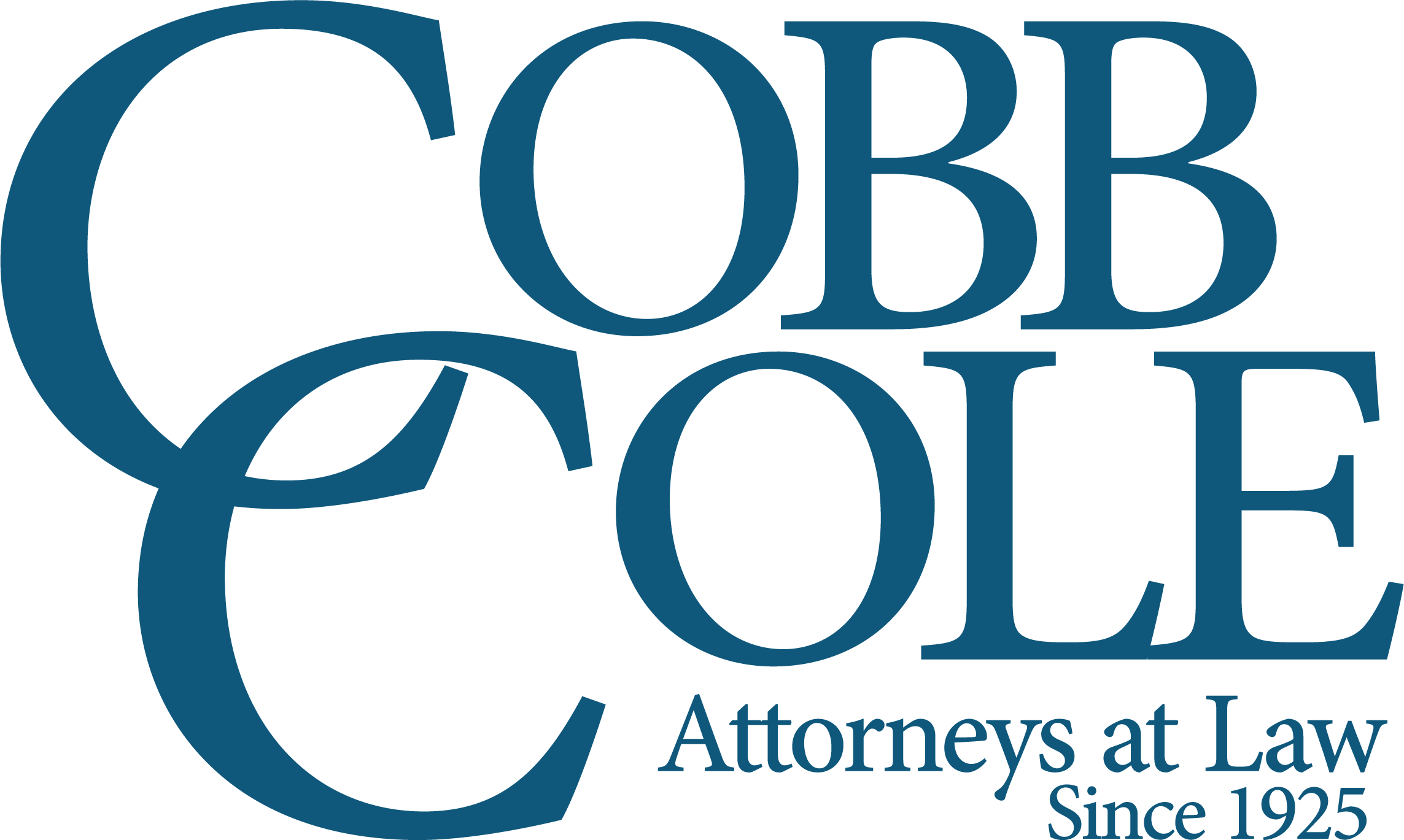Intellectual property (IP) often represents the most valuable assets a small business or content creator holds, but it doesn’t always get the same attention as physical property like buildings or equipment. Many business owners don’t realize the extent to which their brand identity, marketing material, creative content, proprietary processes, or software code can be protected and monetized.
Unlike a piece of real estate, IP doesn’t rely on physical possession. It requires a detailed legal framework of patents, copyrights, trademarks, and trade secrets. Understanding this framework and having competent legal advice and representation are essential for protecting your or your business’s intangible assets.
Types of Intellectual Property
Copyrights
Copyrights apply to original works of authorship fixed in a tangible form. Examples include:
- written content
- artwork
- photography
- video
- website content
- software code
While copyright protection begins as soon as the work is created and fixed, formal registration offers clearer legal remedies and public notice of ownership. Creators who work with freelancers or collaborators should ensure ownership is clearly assigned in writing. As discussed in Cobb Cole’s guidance on protecting your intellectual property, documentation and strategy can be just as important as the creation itself.
Trademarks
A trademark distinguishes your goods or services from those of others. This includes:
- brand names
- logos
- taglines
- distinctive product packaging
Trademark rights can be based on use in commerce, but federal registration of a trademark provides broader protection, including presumptions of ownership and validity in any infringement litigation. Registering with the United States Patent and Trademark Office has numerous benefits, such as the ability to block infringing applications and strengthen licensing opportunities.
Patents
Patents apply to inventions that are novel, useful, and non-obvious. These may include:
- machines
- processes
- compositions of matter
- ornamental designs
There are several kinds of patents, but all grant the patent holder the right to exclude others from using the invention for a limited time. Filing for a patent is a complex and time-sensitive process, and publicly disclosing an invention before filing can impact eligibility for patent protection. A sound IP strategy accounts for timing, market position, and the option of protecting innovations as trade secrets instead.
Trade Secrets
Trade secrets are not registered. They are protected by keeping the information confidential and taking reasonable measures to ensure secrecy. They may include:
- customer databases
- formulas
- recipes
- algorithms
- internal methods
- vendor pricing lists
In general, anything that provides competitive value and is not generally known can be considered a trade secret. However, once a trade secret is exposed or disclosed, it may lose protection, so businesses must enforce internal policies, access controls, and maintain clear employment agreements.
Why IP Protection Matters
- Preserves value: Registered IP adds definable, enforceable assets to your business. This improves leverage in transactions, valuations, and negotiations.
- Prevents misuse: Without formal protection, it is harder to stop others from copying or misappropriating your work or harming your brand reputation.
- Supports growth: Licensing, franchising, and strategic partnerships rely on clear IP ownership.
- Mitigates risk: Early registration reduces the likelihood of expensive disputes, lost rights, and potential rebranding.
This is especially critical for new businesses, where the strength of an entire brand or product may hinge on a logo, domain name, or unique content. Offering advice and representation around the protection of IP is one of the many ways that business lawyers support entrepreneurs, since IP considerations are central to business formation, contracts, and long-term planning.
How IP Works Across Jurisdictions
In the United States, most IP is governed by federal law. This includes:
- copyrights under Title 17 of the U.S. Code
- patents under Title 35
- trademarks under the Lanham Act
As in other states, Florida law supplements this framework for trade secrets and state-based trademark protections, but those are narrower in scope. State registrations generally only apply within state borders.
IP rights do not automatically extend across national borders. For example, a U.S. trademark does not stop a competitor from using the same name in Europe. Businesses seeking international coverage may need to file separately in each country or through multinational agreements like the Madrid Protocol (for trademarks) or the Patent Cooperation Treaty (for patents). Cross-border IP disputes often involve distinct laws, languages, and timelines, so planning ahead matters.
Even within the United States, nuances like prior use, licensing practices, and contract clauses can create complications. A registered trademark might still be vulnerable if it is used inconsistently or transferred improperly in a merger. In complex transactions, negotiations, and disputes, Cobb Cole’s Intellectual Property group works closely with corporate counsel and litigators to align protections with business goals.
Common Situations That Trigger IP Concerns
Starting A New Business
Your name, logo, and website content need to be checked for conflicts and registered properly. If you skip this step, you may be forced to rebrand or face claims of infringement.
Hiring Creative Contributors
Photographers, designers, and coders often retain rights to their work unless contracts say otherwise. If your business uses these materials, you may not actually own them unless the transfer is clear.
Entering Joint Ventures
Sharing confidential ideas without a nondisclosure agreement can undermine your ability to claim trade secret protection. Cobb Cole’s Business Law team helps structure these relationships to protect all parties.
Selling Your Company
IP assets must be clearly documented, owned by the entity, and transferred properly. Unclear ownership or expired registrations can derail deals or reduce valuation.
Launching Products
Innovations may qualify for patent protection, but public disclosure can trigger statutory deadlines. Deciding whether to patent, license, or hold the information as a trade secret is a strategic business decision, not just a legal one.
How IP Can Be Lost Or Undermined
Many businesses assume their intellectual property is protected simply because they created it. In practice, IP rights can be lost through inaction, improper use, or failure to monitor third-party activity. A trademark that is not actively used in commerce can become vulnerable to cancellation. Trade secrets can lose legal protection if access is not limited or if confidentiality measures are not in place. Even copyrights and patents can be undermined if key filings are missed or ownership isn’t clearly documented. Inadvertent public disclosures, employee turnover, and unclear contractor agreements all create potential risk. That is why IP protection is an ongoing process, not a one-time task. It must be built into contracts, operations, and long-term planning.
How Cobb Cole Supports IP Owners
Cobb Cole offers integrated support for IP protection, business operations, and dispute resolution. Whether you are building a new brand, preparing for investment, or facing infringement, the Firm works with clients to identify vulnerabilities, secure rights, and align legal structures with long-term strategy.
The Intellectual Property team handles registrations, licensing, enforcement, and strategic counsel. They collaborate closely with Business Law attorneys to ensure IP rights are addressed in contracts, employment relationships, and transactions. If disputes arise, we can represent you in court or negotiate a resolution across multiple jurisdictions.
Clients benefit from an approach that considers not just the registration process, but the broader business implications of intellectual property as it is implicated in ownership structures, indemnification clauses, succession plans, and brand management. IP protection is rarely standalone. It connects to operations, financing, advertising, and even real estate. That is why full-service counsel matters.

